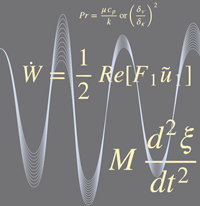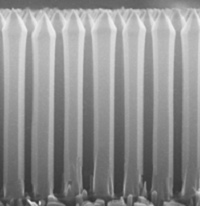
| Home | Publications | Contact |
The NEMESIS project to create new ferroelectric energy harvesting systems capable of converting:
One work stream will examine novel materials that are capable of harvesting the vibrations of machines or vehicles and converting the energy into electricity. Aspects to be covered are materials for harvesting at high temperature or developing materials or systems with improved performance. This electricity can then be used to power devices within a vehicle or machine, including damage sensors or consumer electronics. Another stream aims to develop new methods for water splitting - separating water into hydrogen and oxygen. Potential applications of ferroelectrics in solar cells are being examined. The University received a grant worth 2.27 million euros from the European Research Council (ERC) Executive Agency. The funding makes the project lead, Professor Chris Bowen from the Department of Mechanical Engineering, the University's first ERC Advanced Investigator. The award fund two post-doctoral researchers and three PhD students. Professor Bowen said: 'As we continually strive to create safer and more efficient machines and vehicles, the need to power sensors that can safely sit in potentially very hot and hostile environments near the engine, where batteries would be unsafe or impractical, has increased. ' Updates about the project can be followed on Twitter at @BowenNEMESIS |
||||
 |
 |
 |
 |